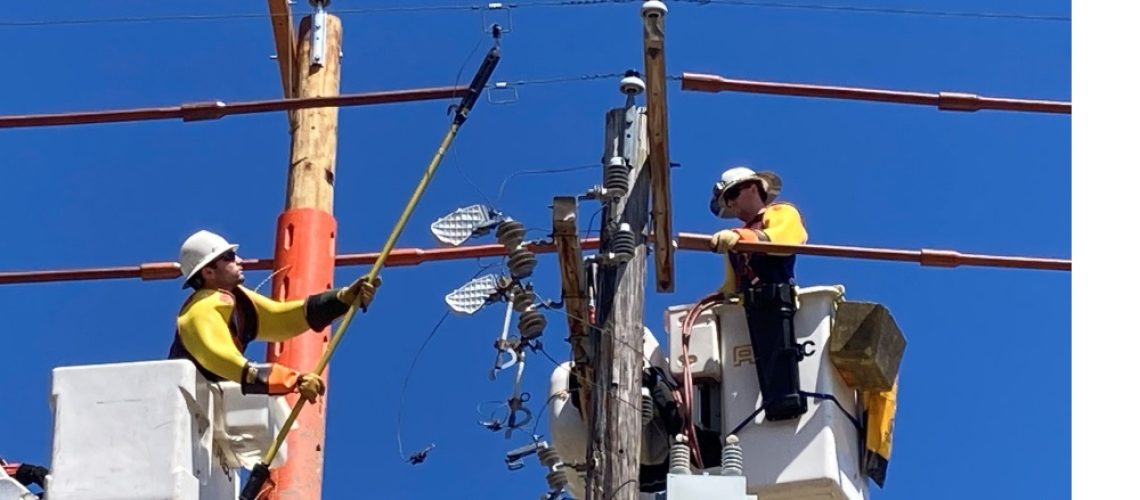Denying customers access to renewable energy, bribery, and fake dark-money campaigns are just a few of the purported abuses that more than 230 groups are urging the Federal Trade Commission to investigate.
More than 230 consumer, environmental and public interest groups urged the Federal Trade Commission today to investigate the electric utility industry for widespread abuses. These include bribery, fake dark-money campaigns and denying customers access to renewable energy.
A recent national survey found that nearly three-quarters of solar developers experience delays in interconnecting projects to the electric grid. An overwhelming majority (85%) respondents specifically named utility noncompliance with interconnection procedures as a problem. Project setbacks are well documented, and just over three quarters of respondents reported unexpected delays and/or costs as a result of changes to state interconnection policies.
These delays can increase the cost of distributed solar projects and cause customers to back out of long-delayed projects. Minnesota regulators fined Xcel Energy $1 million for failing to keep pace with a backlog of projects. Two years later the backlog remains a barrier to solar growth. In another survey conducted by LevelTen, nearly 90% of renewable developers said that interconnection timelines and costs represented the biggest barrier to achieving 40% solar by 2035, a goal of the US Department of Energy.
In an editorial in pv magazine, Gwen Brown and Sky Stanfield of the Interstate Renewable Energy Council, stated that utilities need greater accountability because they have no incentive to create efficient interconnection processes on their own. “In many places, utilities continue to see DERs as either direct competition to utility-owned resources, or at best, are generally neutral on whether they thrive. Utilities have an absolute monopoly on grid access in their territories. As a result, the utilities hold all the cards in the interconnection process and there is no competitive pressure for utilities to improve the service they provide to interconnection customers.”
“Today abusive utility practices are leading to increased electricity rates, obstruction of clean energy competitors in the face of climate change, and utility interference in democratic processes,” the groups said in the petition to the FTC. “The urgency for a federal investigation of utility companies’ unfair competitive and anti-democratic practices at this time cannot be overstated.”
The Petition includes detailed examples of two classes of electric utility abuses: unfair competitive actions that harm clean energy competitors, including consumers generating their own renewable electricity; and unfair and deceptive acts, including corrupt dealings and voting interference, that enrich utilities and ultimately drive up consumer electricity rates and decrease consumer choice. The petition details widespread abuses by monopoly electric utilities across the country. One example of such abuse is the Ohio utility FirstEnergy that paid $60 million in bribes to the Ohio House speaker’s political machine. In return the utility secured a $1 billion ratepayer-funded bailout for several of its unprofitable nuclear and coal plants. In another instance, Florida Power and Light spent millions of dollars on political consultants who engineered a scheme to siphon votes to third-party “ghost candidates” from candidates committed to holding utilities accountable, according to reporting by the Orlando Sentinel. That candidate won in all three races; one utility opponent lost by just 32 votes.
“Monopoly utilities are out of control,” said Anya Schoolman, executive director of Solar United Neighbors. “It’s time federal regulators step in and protect consumers.”
The petition states that the investigation requested would rely on the historical precedent set by a seven-year long FTC investigation in the 1920s when massive industry consolidation led to consumer abuse, corruption and an unrelenting campaign against public power competitors. That investigations’ findings laid the groundwork for the Public Utility Holding Company Act of 1935, which set limits on utility companies’ ability to merge and manipulate the market. Congress repealed the Act in 2005, worsening many of the problems the United States is seeing today.
“Utilities are gouging ratepayers and cutting off power while they line the pockets of politicians and rig the system to block planet-saving renewable energy,” said Jean Su, director of the Center for Biological Diversity’s energy justice program. “Like it did a century ago, the FTC should use its authority to investigate the broken utility industry and stop this blatant self-dealing. The FTC needs to stand up for consumers and give renewable energy competition a fighting chance.”
Last week a fifth member of the Federal Trade Commission was confirmed, so the FTC is now at full strength. Advocates say the FTC should take action to stop the utility abuses and recommend legislation that will protect consumers.
“Employing its expansive investigative powers, the FTC can help build a comprehensive factual record for legislative and administrative reconstruction of the power sector to ensure public accountability and sustainability,” said Sandeep Vaheesan of the Open Market Institute. “The commission has a history of exposing the abuses, inefficiencies and unprecedented propaganda efforts of utility companies. As it did nearly a century ago, the FTC can lay the groundwork for utility reform and help rein in the power of these massive corporations.”



